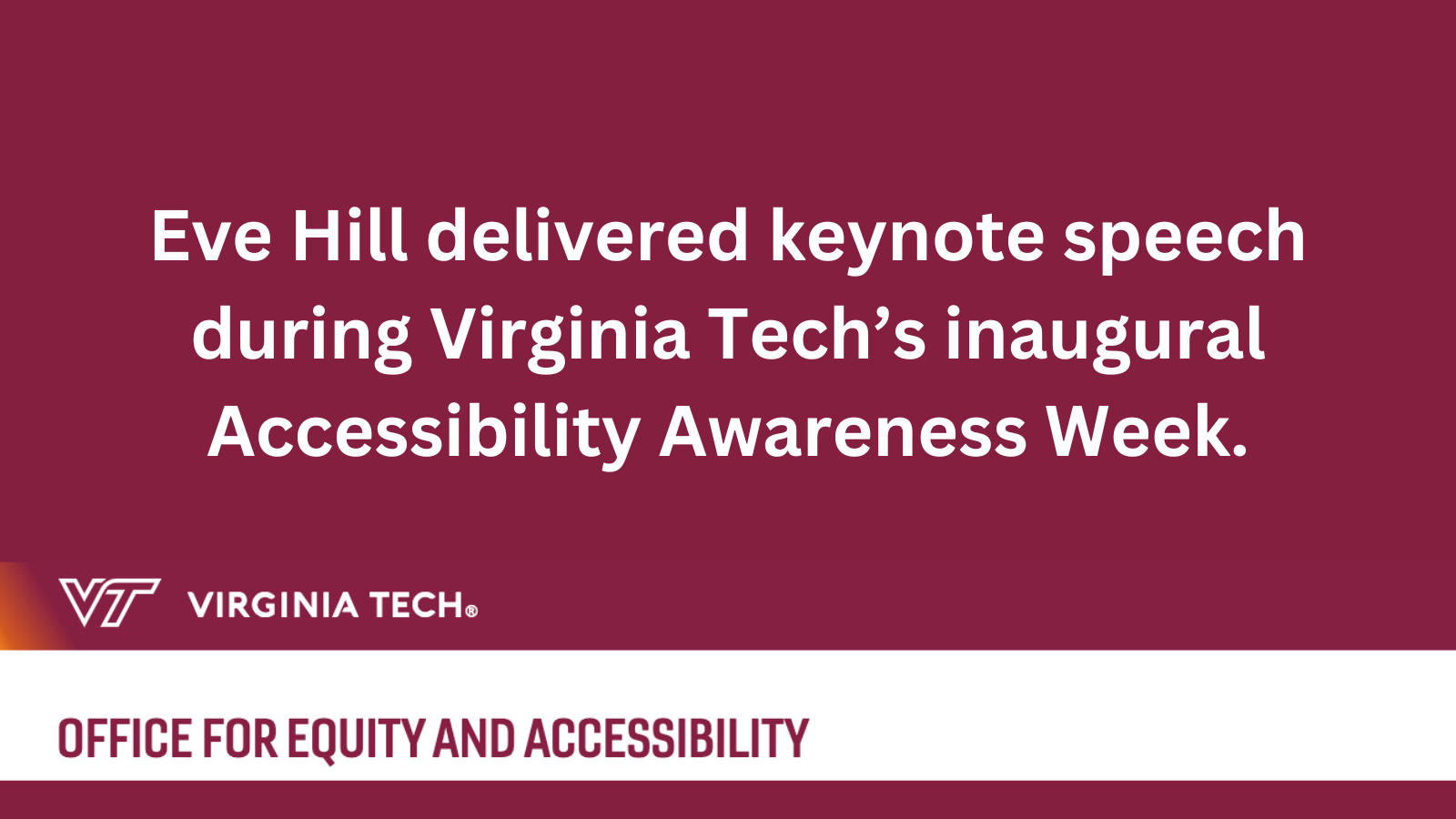Meet the 2024 Summer Research Interns – Technologist
Every summer, Florida Sea Grant awards funding to students as they work under a University of Florida adviser. Meet the amazing eleven students that comprise Florida Sea Grant’s cohort of 2024 Summer Research Interns.
Amber Leonard
Amber Leonard is a junior at the University of Florida studying marine science and Spanish. She is conducting research under Drs. Kent Crippen and Julie Brown of UF’s College of Education. Leonard will assist in examining the local marine science knowledge, curriculums and conservation efforts of Levy County, Florida. Her responsibilities include organizing recorded interviews into subcategories for data visualization.
“This specific research opportunity stood out to me so much because of the personable path the research takes in taking the time to get the perspectives of locals,” said Leonard.
The data gathered will help create a marine science curriculum for the local communities, increasing education and awareness for marine life. For Leonard, this research allows her to have hands-on experience in conservation efforts with tangible impacts.
In the future, she’s interested in continuing research on conservation, coral reefs and chemical oceanography.
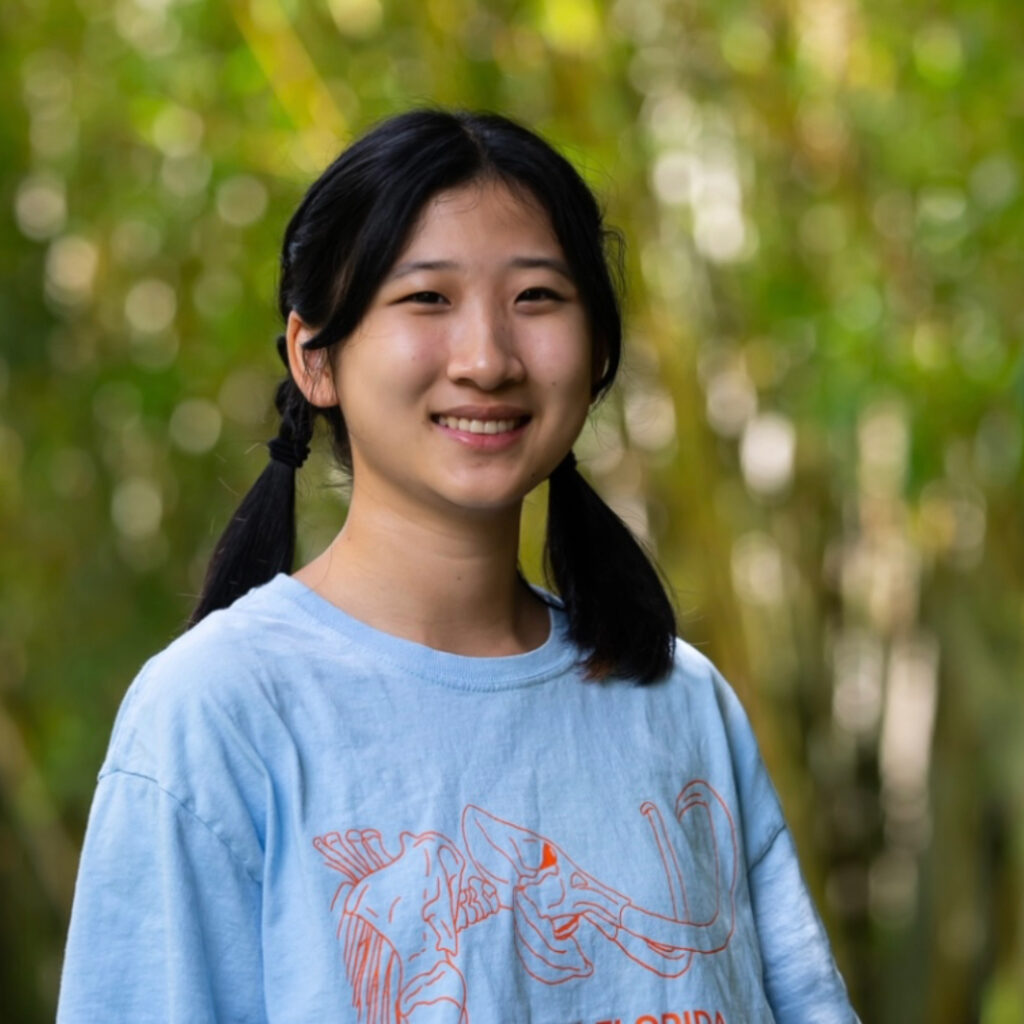 Tiffany Zhang
Tiffany Zhang
Tiffany Zhang is a senior at the University of Florida studying mathematics and UF Teach. Like fellow intern Amber Leonard, she is also working under Drs. Crippen and Brown on integrating local marine science knowledge in curriculums. Her responsibilities include coding, conducting teacher interviews and analyzing data.
Zhang was introduced to this opportunity by a co-researcher on another ongoing project.
“Although I am not familiar with many coastal and marine science topics, I enjoy learning about the conversation and outreach methods used,” said Zhang
As she continues her internship, Zhang hopes to further explore the intersection between research and education and experience the various stages of research.
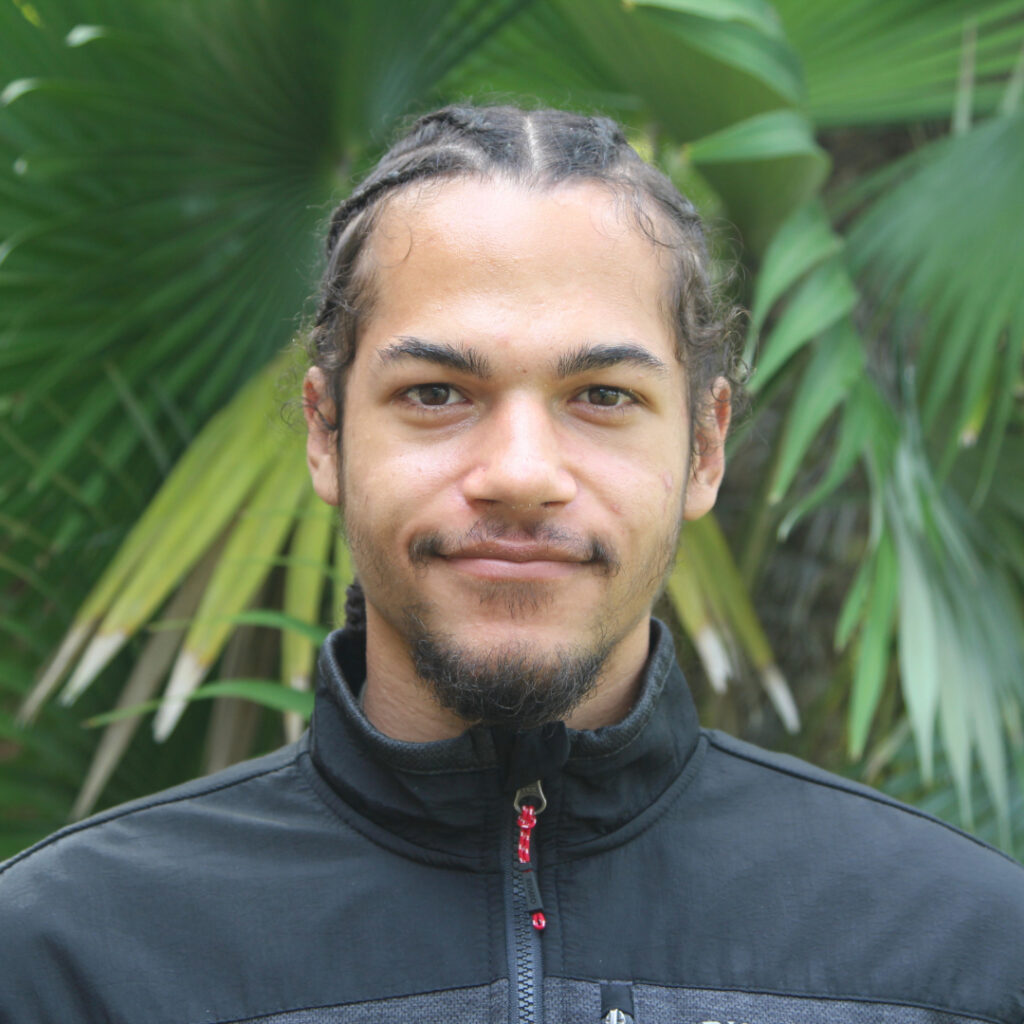 Dicarlo Davis
Dicarlo Davis
Dicarlo Davis is a senior at Barry University studying marine biology. This summer he is working under Dr. Ashley Smyth, at the UF/IFAS Tropical Research & Education Center in Homestead, Florida, exploring whether equatorial seaweed species can be cultivated in Florida’s tropical waters.
Davis balances lab and field work to measure the growth impacts of varying conditions on the seaweeds and analyze the water quality and nutrients. His work contributes to the project’s broader goal of increasing coastal biodiversity and expanding the commercial potential of Florida’s seaweed market.
“I wanted to become part of the dedicated research and education that the Florida Sea Grant offers,” said Davis. “I am looking forward to being able to relay my experiences and findings along the way. I have learned a lot in terms of seaweed aquaculture and aim to keep learning more!”
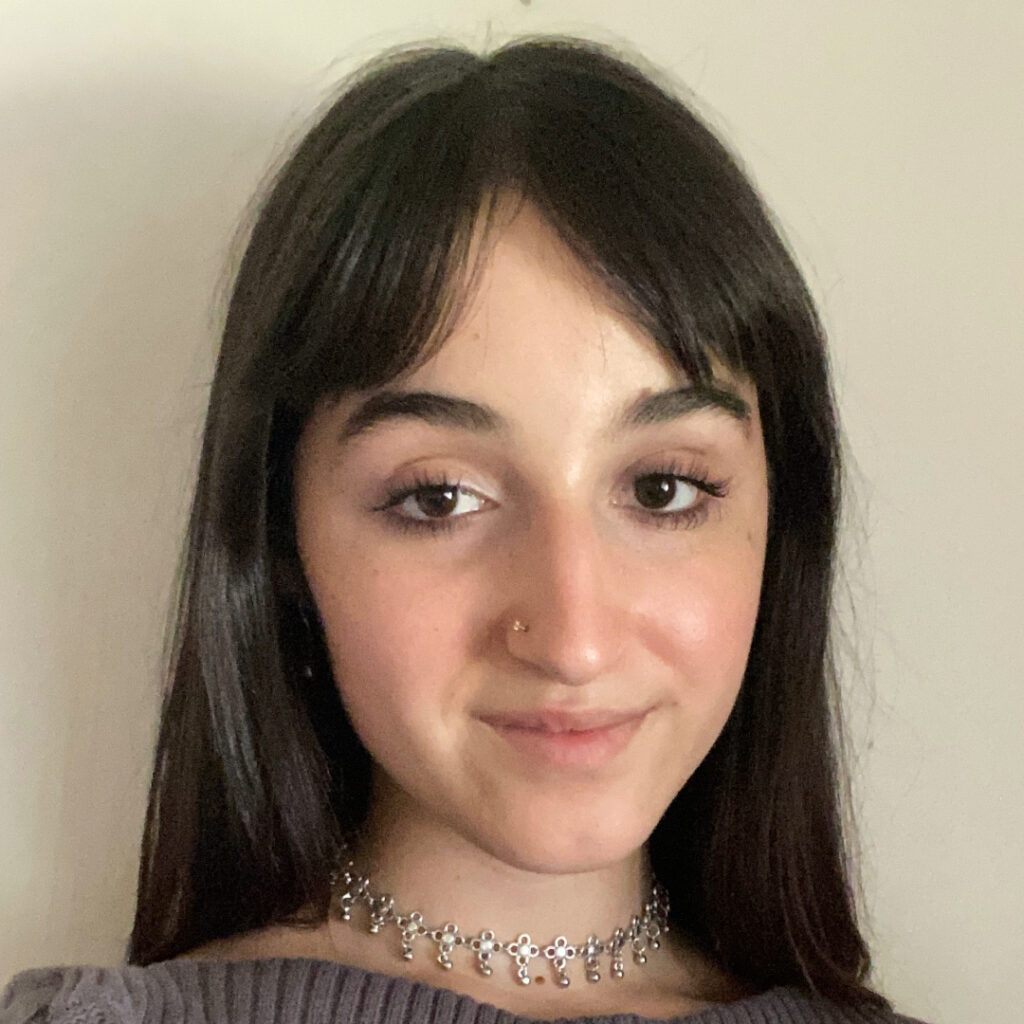 Emily Richter
Emily Richter
Emily Richter is a rising junior at the University of Florida studying marine science. She is interning with Dr. Ed Phlips, of UF/IFAS’s School of Forest, Fisheries, and Geomatics Sciences, to study the role of discharge in the development of harmful coastal algae blooms, specifically from Lake Okeechobee to the Caloosahatchee and St. Lucie estuaries.
The project combines field and lab work to determine which areas in Florida should be targeted with mitigation efforts for their harmful algae blooms. Richter began the internship by collecting and examining the estuaries’ water samples. Currently, she’s researching ways to improve the fluorescent probes used for further chemical and microscopic water analysis.
As the project continues, Richter said she hopes to learn more about phycology, the study of algae, and how to operate the required water filtering devices.
“Becoming a Florida Sea Grant intern seemed like a great way to gain experience in the field in which I hope to someday work,” said Richter.
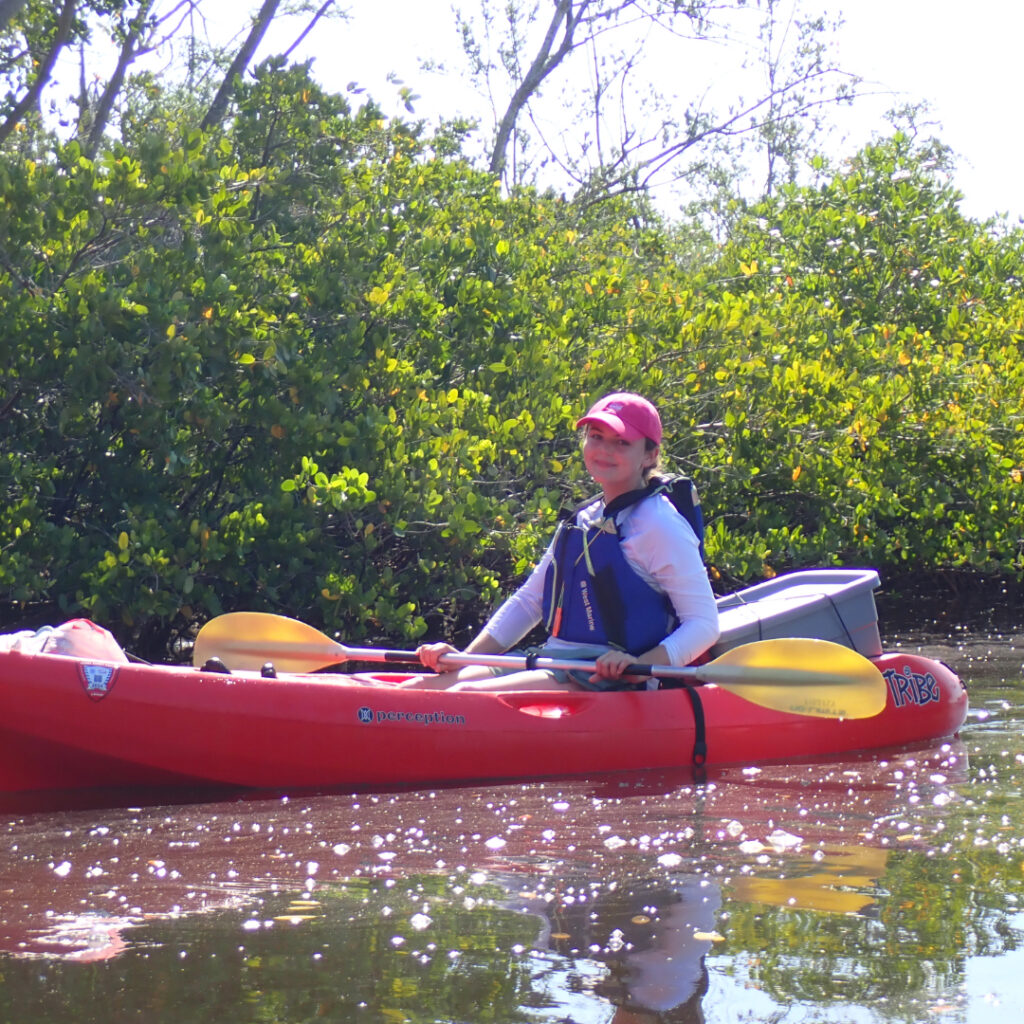 Grace McCranie
Grace McCranie
Grace McCranie is a junior at the University of South Florida studying marine biology. She is working in UF/IFAS’s Tropical Aquaculture Lab in Ruskin, Florida, under Dr. Matt Dimaggio.
Their research project focuses on copepods — crustaceous zooplanktons ideal for first-feeding marine fish larvae due to their nutrient density and small size. Copepod cultures are susceptible to infection from single-celled organisms called ciliates, which decrease their chance of survival.
McCranie designs experiments to disinfect copepods with varying chemicals and exposure times while keeping them viable for fish feeding. In this role, she said she looks forward to learning more about the research process and aquaculture field.
“I’m very passionate about marine conservation and appreciate the work the Tropical Aquaculture Lab is doing to make the culturing of marine fish more efficient,” said McCranie. “The opportunity to help make the culturing process more effective to alleviate some pressure off fish in the ocean is an invaluable opportunity.”
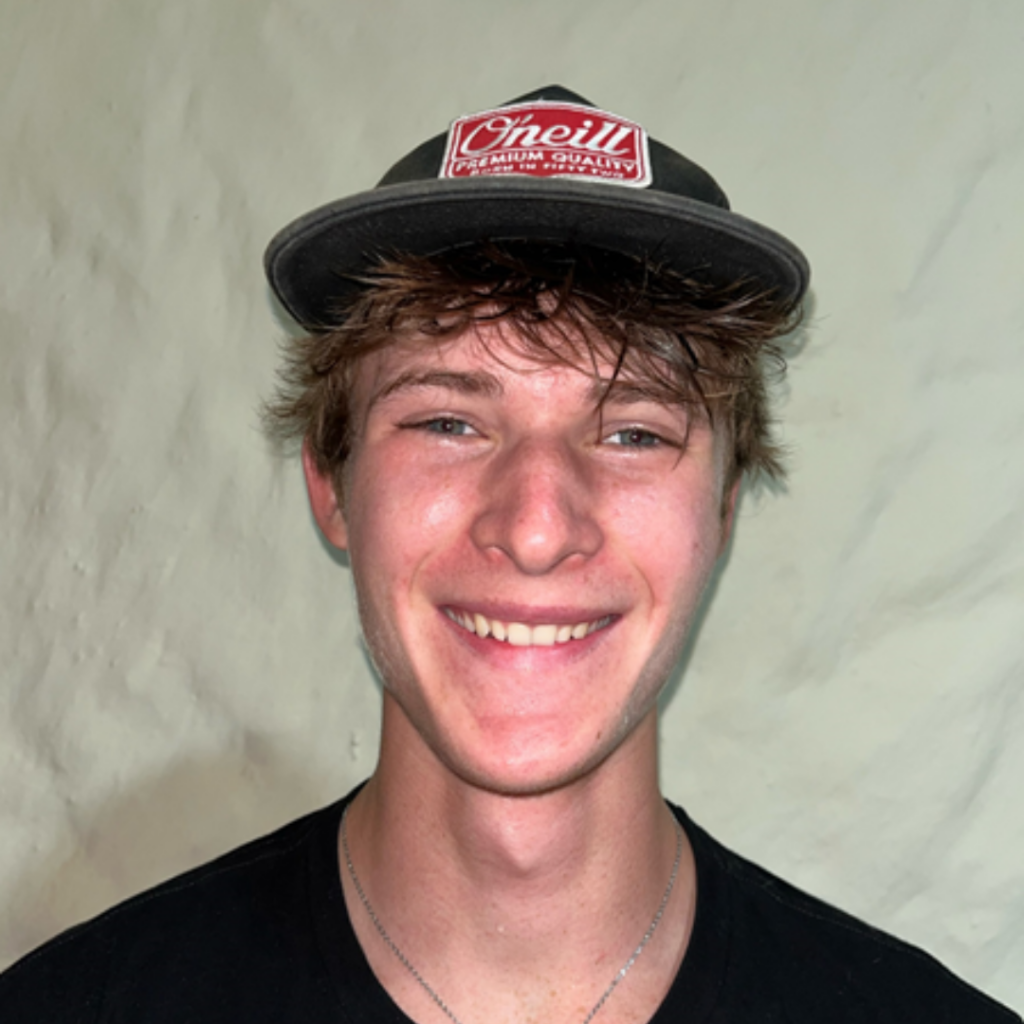 Grant Behringer
Grant Behringer
Grant Behringer is a rising sophomore at Florida State University, studying biology. He is working under Dr. Robert Lamb at the UF/IFAS Nature Coast Biological Station.
Previously Behringer, a biology major, has assisted research on how crayfish and surrounding species were affected by disease.
“I have always been interested in learning about the organisms that live around us and being outside, so this opportunity with Florida Sea Grant was a perfect fit”, said Behringer.
His internship recently kicked off by setting up traps to capture blue crab larvae. The team will set up mazes to determine whether the larvae prefer salt marsh or mangroves habitats, providing insights into how the blue crab population will be affected by global warming as mangroves move up the coastline and replace marshland.
“I’m looking forward to getting field work experience and seeing how the whole scientific process works first hand,” said Behringer.
